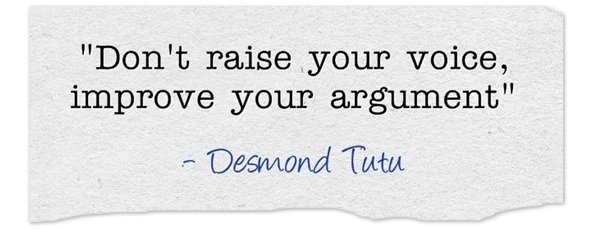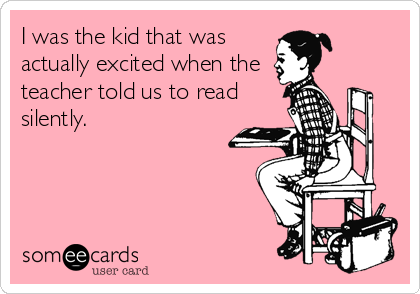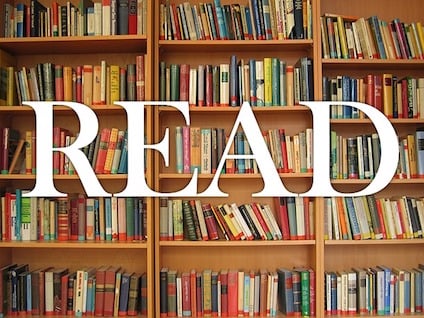CCR Anchor Standards for Writing (Argumentation)
- Write arguments to support claims in an analysis of substantive topics or texts by using valid reasoning and relevant and sufficient evidence.
- Produce clear and coherent writing in which the development, organization, and style are appropriate to task, purpose, and audience.
- Draw evidence from literary or informational texts to support analysis, reflection, and research.
- Write routinely over extended time frames (time for research, reflection, and revision) and shorter time frames (a single sitting or a day or two) for a range of tasks, purposes, and audience.
Below are the dates for our Argumentative Essay Writing Process Unit:
- Tuesday, November 1st: Socratic Circle on The Help
- Wednesday, November 2nd: Elements of Rhetoric Notes
- Thursday, November 3rd: Argumentative Essay Guidelines
- Friday, November 4th: Argumentative Essay – Brainstorming & Outline
- Monday, November 7th: Argumentative Essay – Rough Draft (handwritten & skip lines)
- Wednesday, November 9th: Argumentative Essay – Rough Draft DUE; begin Peer Edits
- Thursday, November 10th: Argumentative Essay – Peer Edits – DAY Two
- Friday, November 11th: Argumentative Essay – Second Draft of Rough draft
- Monday, November 14th: Argumentative Essay – Type Up Final Draft
- Tuesday, November 15th: Argumentative Essay – Last Day in Class to work on Essay
- Wednesday, November 16th: Argumentative Essay- Final Draft DUE by 2:15pm
*these dates are subject to change (students will be given sufficient notice if there any changes in due dates)


 Today we began the DPS/MAISA argumentation unit: students will examine the influence and power of visual/social mediums. We will be utilizing the 2009 film “
Today we began the DPS/MAISA argumentation unit: students will examine the influence and power of visual/social mediums. We will be utilizing the 2009 film “

 This
This  Tomorrow we will be going to the library for SRI testing. After you get your results, the program will suggest books for you to read at your level. I encourage you to screenshot the recommendations for you to choose from.
Tomorrow we will be going to the library for SRI testing. After you get your results, the program will suggest books for you to read at your level. I encourage you to screenshot the recommendations for you to choose from.
 Short and Sweet: you have to speak up.
Short and Sweet: you have to speak up.
